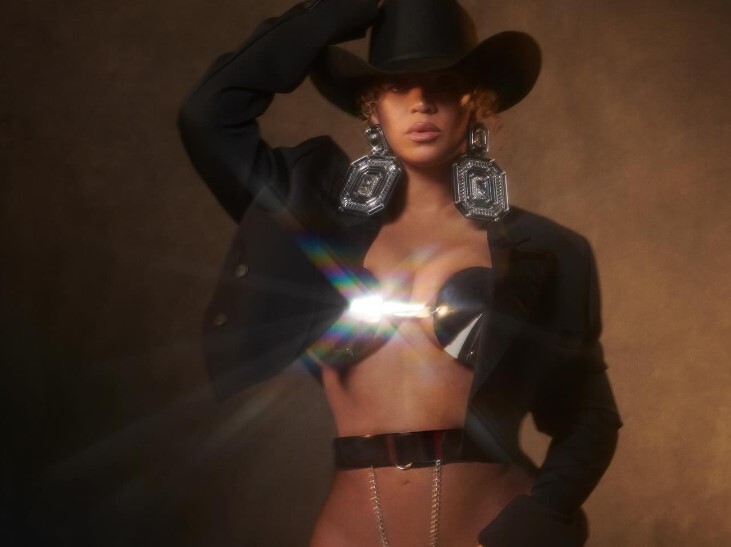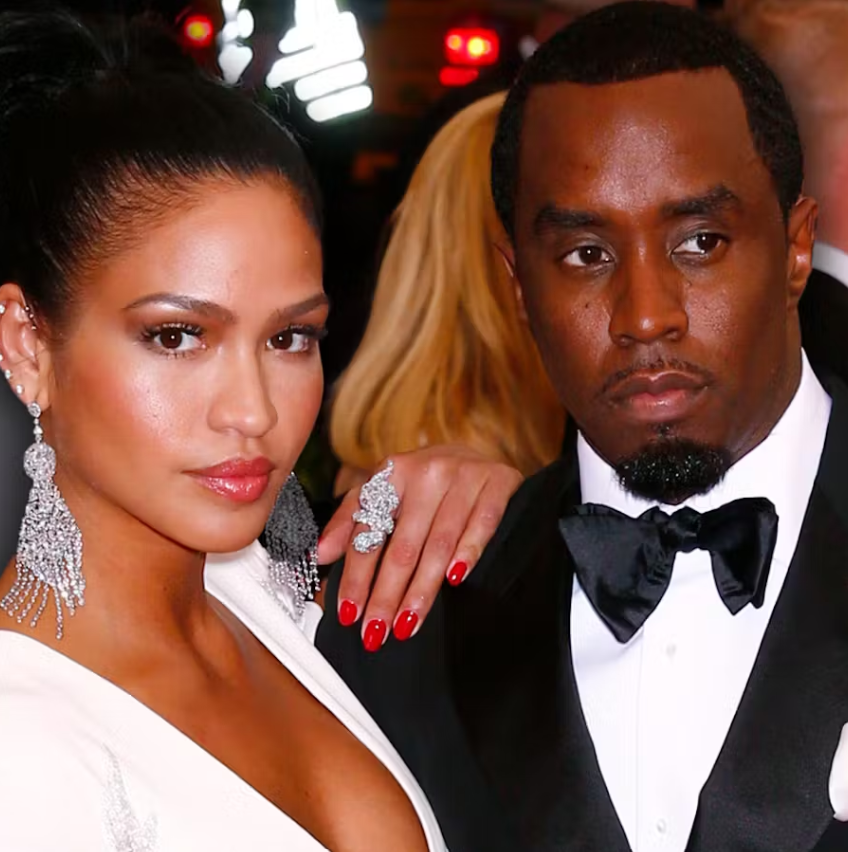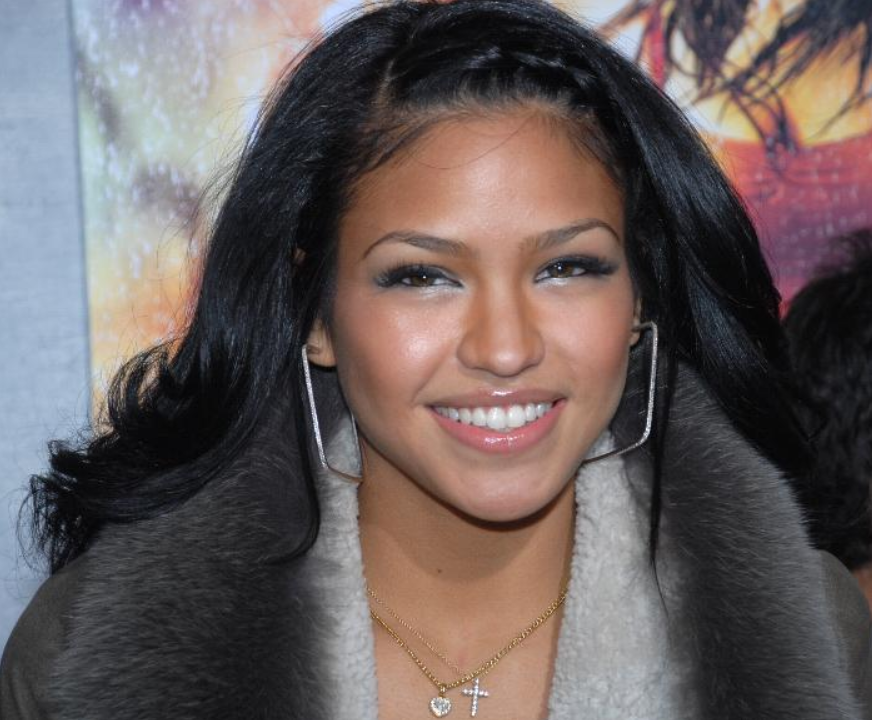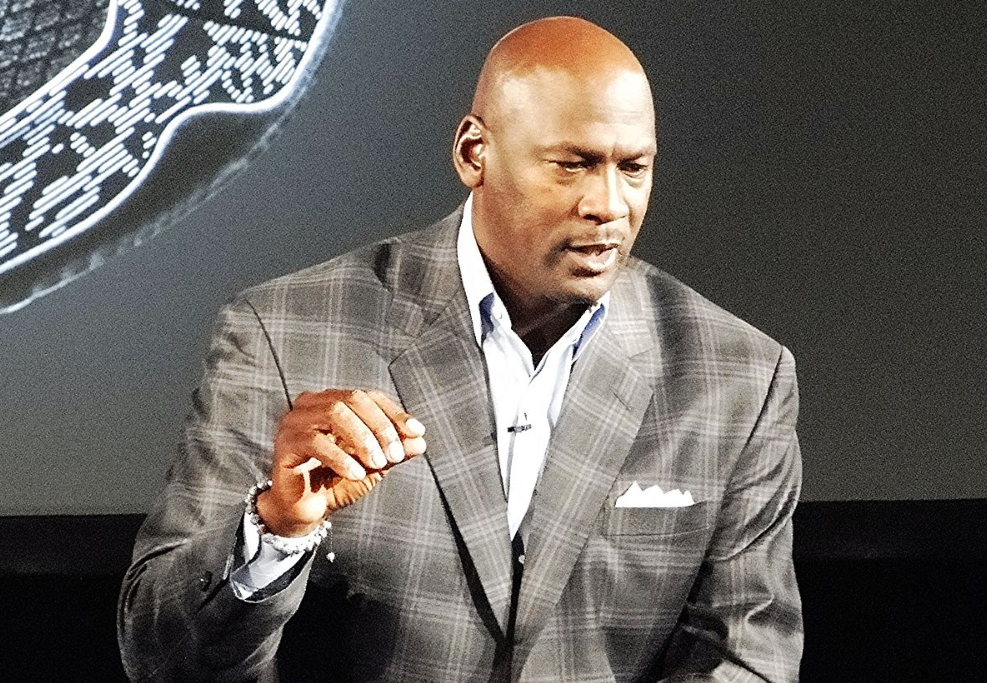Beyoncé’s latest album, “Cowboy Carter,” is making waves not just as a foray into a new genre, but as a redefinition of American music itself. Pegged as the second act in a trilogy that began with “Renaissance,” this album is more than just music; it’s a dissertation on genre, Southern culture, and Beyoncé’s unparalleled artistry.
From the get-go, “Cowboy Carter” clarifies that this is no ordinary country album. The opening track, “Ameriican Requiem,” blends gospel, rock, and protest music, setting a tone that’s both introspective and assertive. Beyoncé uses this platform not just to showcase her roots but to question and redefine what ‘country’ music can be, addressing critics who once claimed she wasn’t “country enough.”
The album’s journey is a deep dive into Beyoncé’s Southern heritage, reflecting a love for her roots rather than a simple genre exercise. The meticulousness of its creation is evident – a project five years in the making, “Cowboy Carter” unfolds in chapters, each segment rich in emotional and vocal depth. Her cover of the Beatles’ “Blackbird,” featuring rising Black country stars, is a testament to her vocal prowess and her commitment to spotlighting black artists in the country genre.

The album’s narrative is punctuated by interludes featuring Willie Nelson, and tracks like “Texas Hold ‘Em” showcase Beyoncé’s versatility, effortlessly transitioning from pure country to other genres. The inclusion of industry legends like Nelson and Dolly Parton not only adds authenticity but also bridges the gap between traditional country and Beyoncé’s innovative vision.
Beyoncé’s collaboration with Miley Cyrus on “II Most Wanted” is a highlight, showcasing a synergy that elevates the track to one of the album’s best. The presence of Linda Martell, a pioneer for Black women in country music, underscores the album’s thematic depth, celebrating the contributions of Black artists to the genre.
Yet, “Cowboy Carter” isn’t just a musical experience; it’s a cultural statement. With tracks that blend country with R&B, trap, and even Italian opera, Beyoncé isn’t just playing with genres; she’s challenging and expanding them. The album’s latter part, with songs like “Ya Ya” and “Desert Eagle,” showcases her ability to transcend musical boundaries, hinting at her continued evolution as an artist.
Critics and fans alike are lauding “Cowboy Carter” as not just one of Beyoncé’s best works but as a groundbreaking moment in music history. Her ability to weave her personal narrative with broader cultural themes, all while experimenting with sound and genre, marks this album as a pivotal point in her career and in the landscape of American music.
In essence, “Cowboy Carter” is more than just an album; it’s a statement. Beyoncé uses this platform to assert her identity, explore her roots, and challenge the norms of genre and culture. It’s a testament to her genius as an artist and her capacity to influence and redefine the music industry. With “Cowboy Carter,” Beyoncé isn’t just going country; she’s reshaping the American musical narrative in her own image, and fans are here for this exhilarating ride.




